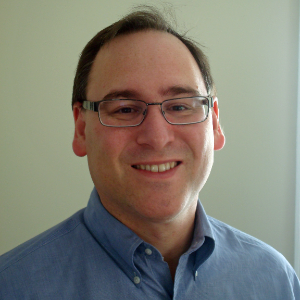Title : Advances in neoadjuvant and adjuvant treatment of stage II and II cutaneous melanoma: selection of optimal approach and the experience at mount sinai Hospital
Abstract:
Over the past decade there have been significant advances in the treatment of stage IV cutaneous melanoma through the use of immunotherapy regimens targeting the checkpoint molecule PD-1 and through oral targeted therapy that inhibits mutated BRAF protein. These approaches confer significant survival benefit but at the expense of immune mediated toxicity. Efficacy in the stage IV setting has led to investigation of potential benefit of these approaches in the adjuvant setting following resection of stage IIB, IIC, or III melanomas. Survival benefits have been demonstrated using immunotherapy inhibiting PD-1 and CTLA-4 checkpoint molecules and in the setting of V600 BRAF mutation through the adjuvant use of BRAF plus MEK inhibitors. Novel combinations are under active investigation. More recently neoadjuvant approaches are being evaluated showing promise but remain investigational. This approaches allows for earlier initiation of systemic therapy to allow for quicker treatment of micrometastases, allows assessment of responsiveness to treatment, and allows for more antigen to be present in the setting of checkpoint molecules potentially allowing for greater response. How best to select patients for neoadjuvant approaches and the best regimen to choose is poorly defined and undergoing active investigation for resected stage IIB, IIC and III melanomas. This includes selection of treatment in adjuvant versus neoadjuvant setting and selection of immunotherapy versus BRAF targeted therapy. This presentation will summarize the data and options for adjuvant and neoadjuvant compared to adjuvant treatment to help refine subpopulations of patients most suited for specific approaches and to provide real world experience with patients treated at Mount Sinai hospital in New York. .
Audience Take Away Notes :
- Treatment of stage II and III melanoma is rapidly evolving through the use of adjuvant and neoadjuvant approaches. This presentation will help compare different options and allow for informed patient adapted selection of treatment regimens.
- Dermatologists, Surgical oncologists, and Medical oncologists who treat patients with cutaneous melanoma at high risk for recurrence need to determine how to best coordinate systemic and surgical management. This presentation will help audience members better select amongst evolving treatment options and allow for multidisciplinary decision making..
- This research can be used by other faculty to expand their research or teaching. Investigational approaches will be discussed.



